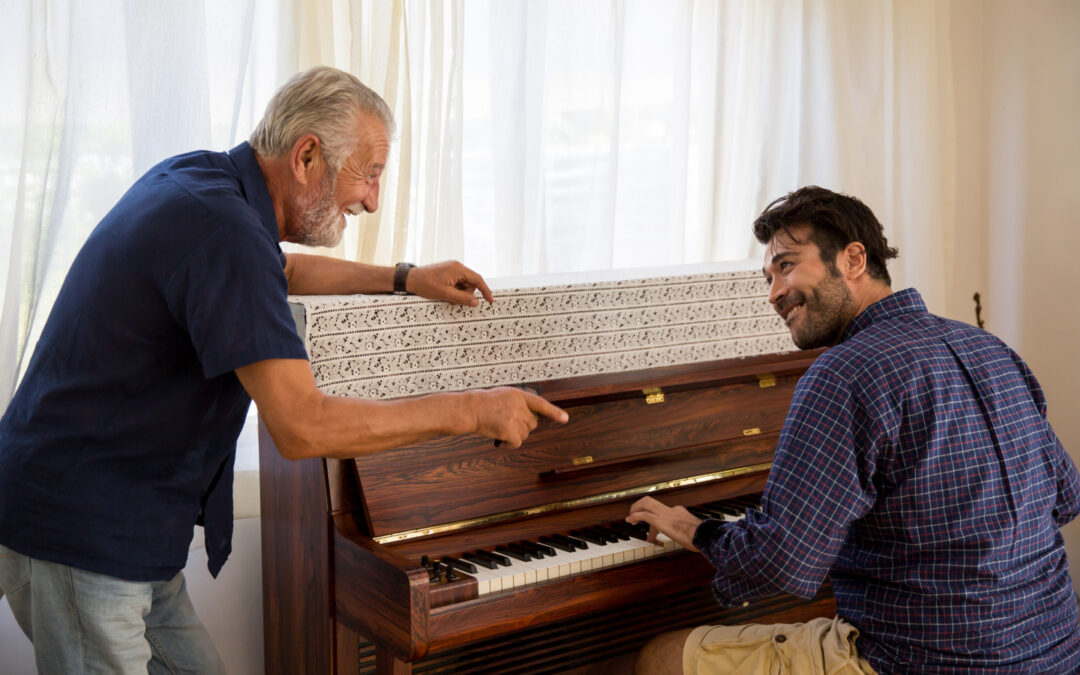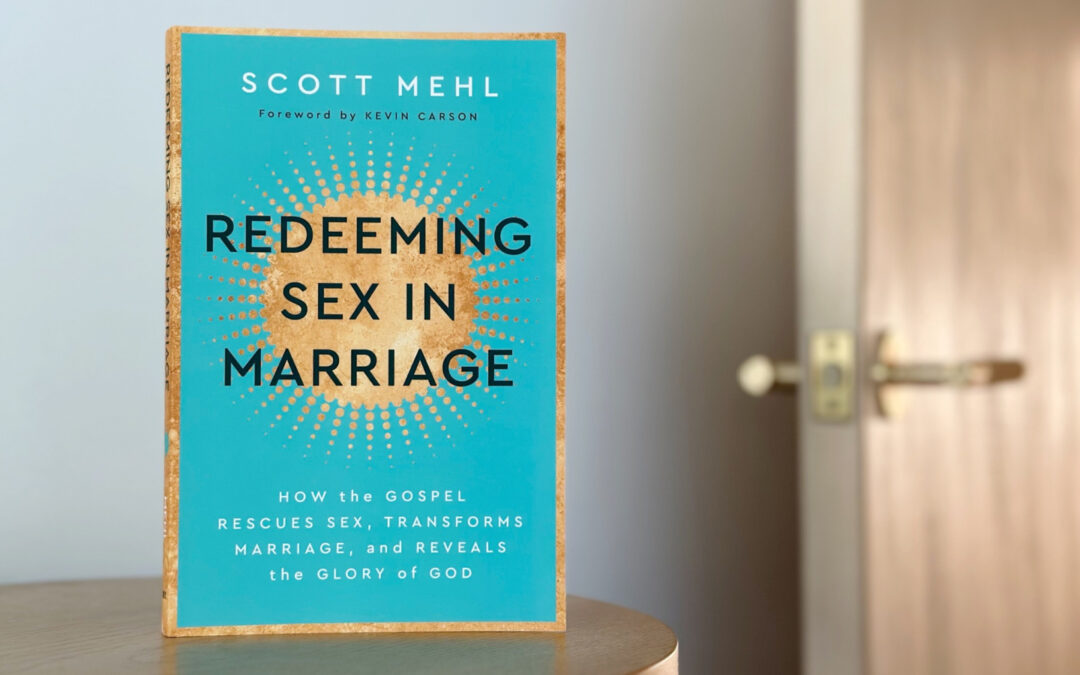by Anna Mondal
Do you ever feel like you’ve missed God’s will? Like you made an irreversibly wrong choice, and your life is off track forever?
If I had chosen a different college major, I’d have a real job by now.
If I’d been a better parent, my child wouldn’t be depressed/defiant/a dropout.
If I would’ve gotten there one day sooner, I could’ve seen my dad before he died.
If I had been more outgoing and interesting, he would’ve asked me for a second date.
If I hadn’t gone on that date, I wouldn’t have gotten raped.[1]
Regret is an unnerving sadness linked to past events “beyond [our] control or power to repair.”[2] It can make us feel passive, powerless, or depressed. On the other hand, we might become fearful and controlling (“this will never happen to me again”).
Where is God amid the pang of our regrets? And how do we move forward?
God redeems the regrettable
Regretful people need hope. Not in a different past, or a different future, but in a better Savior. Unchecked regret ends in hopelessness, because regret is not only connected to the past, but also to the future. We are preoccupied with our perceived control in the past because we think we’ve botched our future. And if our future is ruined, how can we go on?
There is a place for lamenting losses.[3] But if we live in a place of simmering self-condemnation, the focus is squarely on ourselves. Our mistakes, our bad choices, the imaginary perfect future that we destroyed. Regret fixates on our performance and forgets the mercy of God.
Beyond our individual stories is a Grand God, composing a multi-layered metanarrative that includes our regrettable choices. And their consequences (Gen. 3:9-15). He already knows every labyrinthine twist, every unplanned-by-you turn of life. You can’t do anything to foil His purpose (Eccles. 7:13; Isa. 40:13-14). “The triune God liberates us from past regrets,” writes Ed Welch, “His will is being done…Neither your human limitations nor your sins hinder the good plans of your sovereign Father.”[4]
God’s sovereignty is greater than our seeming successes or failures. He accomplishes His will, even when we question it or are ignorant of it. Think of Job, who was tormented for no apparent reason. He was a man without obvious regrets, yet he suffered. Think of Ruth, who experienced a serendipitous redemption, without exactly planning to be widowed, repatriated, or part of a kingly lineage. But behind the curtain, God was creating comforts for forthcoming sufferers, and a beautiful future (Job 38-42; James 5:11; Ruth 4:17; Luke 3:32).
Freed to move forward
We regret because we were given something unwanted or lost something we wanted. If that thing (reputation, acceptance, comfort, etc.) remains our treasure, we will be stuck and unhappy. Freedom comes when Christ is our treasure (Gen. 15:1; Matt. 6:21).
Christian hope is not about living mistake-free, but about finding intimacy with God.[5] When we fail greatly or suffer greatly, we can use this weakness as a chance to turn toward Christ, and experience deeper communion with Him (Phil. 3:10-17). It is not given to us to know what would have happened. “But anybody can find out what will happen.”[6] God calls us to fear and follow Him today, in this place, with the opportunities and people in front of us (Prov. 23:17-18).
In Christ, we have the freedom to own our past, as painful as it may be, as a platform to praise His grace (see John 4:7-42; Rom 8:1). So, we can accept the reality of our regrets, draw close to Christ, and faithfully follow Him today. Our past isn’t meant to be undone, but it will be remade (Rev. 21:5).
[1] Rape is never a victim’s fault, any more than a vehicular homicide is a pedestrian’s fault. Rape is a crime, and no one ever “asks for it.” However, many rape victims self-blame and fabricate causation to take back a sense of control: “if I wouldn’t have gone to that party, it wouldn’t have happened,” or “if I would’ve fought harder, he would’ve stopped.” This is ultimately unhelpful speculation and distracts from the bigger concerns of justice and post-rape healing.
[2] https://www.merriam-webster.com/dictionary/regret (accessed January 11, 2020).
[3] A key difference between lament and regret is that lament expresses pain Godward, while regret stews inward. Lament voices sorrow to the Savior, regret cries alone in self-pity and pride (“I don’t deserve this” or “I should have known better.”).
[4] Ed Welch, “’If only…’ Living with Regrets” Christian Counseling and Education Foundation (CCEF) https://www.ccef.org/if-only-living-regrets/, published February 8, 2011 (accessed January 11, 2020).
[5] A shalom-centered or “blessed perspective on the future” acknowledges that God can ultimately bring beauty and peace from the worst horrors we make or suffer in this life. Until eternity, we will not fully understand these dynamics. “Christian hope is therefore a future-oriented hope. This hope includes the prospect of one day understanding ourselves, our experiences, and our interactions with others within God’s perspective. Only then will our lives ‘make sense’—divine sense.” See Scott Harrower, God of All Comfort: A Trinitarian Response to the Horrors of This World (Bellingham, WA: Lexham Press, 2019) 161.
[6] C.S. Lewis, The Complete Chronicles of Narnia, Prince Caspian (New York, New York: Harper Collins, 1998, orig. 1951), 260.


